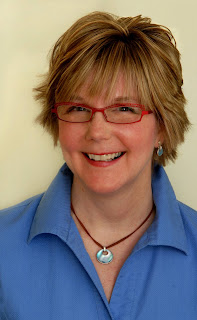I’m behind today, so I’m reposting a slightly modified list I put together for a Facebook tag. Here’s 12 random facts about me:
- I spent my early childhood in Las Vegas, then the rest in Cave Junction, Oregon. Had my family not moved to Podunk, I would probably be a stripper instead of a writer.
- I once rode my bicycle from Eugene to the Grand Canyon, crossing Donner Pass, an elevation of about 10,000 feet. Three straight days of uphill, heart pumping fun.
- Every birthday, I ride up a long steep hill just to prove to myself that I still can.
- I am addict . . . who no longer indulges in much of anything. I quit drinking December 17, 1989, and I quit smoking cigarettes January 1, 1991. New Year’s resolutions can work.
- My favorites foods are grilled ribeye steak and cold watermelon. If had to choose two things to live on forever, they would make the cut.
- I go bowling with my three brothers once a week. I never seem to get any better, but I don’t care. It’s fun and I love my brothers.
- I worked on a pharmaceutical magazine for almost a decade, so I know a lot about drugs.
- I was born in July and love summer! The only time the world seems right to me is when the sky is blue and the air is warm.
- It’s hard to chose, but I think my life-long favorite author is Lawrence Sanders. He’s so versatile—police procedurals, futuristic thrillers, and the lovable Archie McNally.
- I took a vow at the beginning of 2008 to not buy any clothes, shoes, or purses for the entire year. I broke it only once in October to buy a business/casual jacket for Bouchercon, then didn’t even wear it because the weather was so warm.
- I’m always swearing off of something. (See #4) This year it’s diet Dr. Pepper (love it!) I never had a problem with drinking too much of it until they made caffeine-free diet Dr. Pepper, which you drink right up until bedtime.
- My goal for the end of 2010 is to have four books on the market (and two more in production): The Sex Club, Secrets to Die For, Thrilled to Death, and The Baby Thief.


